
Nalmefene was significantly better than the placebo in reducing alcohol consumption. The drug was generally well-tolerated, with most side effects characterized as mild or moderate and quickly resolved. “With Nalmefene, we seem to be able to ‘block the buzz’ which makes people continue to drink larger amounts. With such a harm reduction approach, a new chapter in treating alcoholism could be opened,” said Mann.
Substance Use Treatment
- The findings counter the long-held belief that the pleasure people experience when drinking alcohol decreases with addiction and that drinking to intoxication is mainly to reduce negative feelings as a form of self-medication.
- It may hide fundamental issues and keep you from dealing with them more effectively.
- In AUD, the drive to use alcohol can become so intrusive it can influence the majority of your choices and behaviors, making you seem like a completely different person compared to who you were before the disorder.
- Former U.S. Surgeon General Vivek Murthy, MD, recently made waves when he issued a damning advisory naming alcohol a leading preventable cause of cancer.
- Alcohol doesn’t just affect your mood and cognition while you’re intoxicated; it can also have long-lasting effects on the brain—even in relatively moderate amounts.
Empirical evidence in the form of brain scans are lacking in this area, which is where Denison’s experiment comes in. The frontal part of the brain, which is in charge of judgment, restraint, and mental control, is affected by alcohol consumption. Because drinking can lower our boundaries, we might feel more at ease expressing feelings or ideas that we might otherwise keep in.
What Does Hangxiety Feel Like?
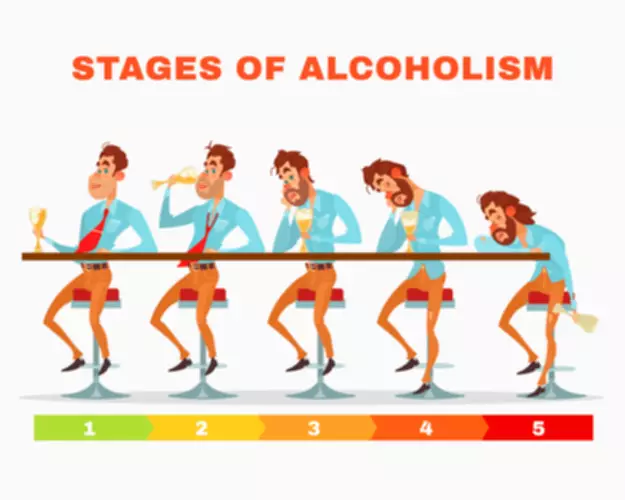
We become more talkative and assured, and our better judgment begins to slip away. Moreover, the problem isn’t just the inebriated person’s inaccurately perceiving risk, it’s also their taking risks that are unwarranted, foolish, or precarious. And since one’s intellectual operations are undermined by drink, one is more likely to misperceive the intentions of others and react to them Sober living house more aggressively. Recognizing the signs early and seeking professional help can significantly improve the chances of overcoming dependence and restoring overall well-being. While alcohol dependence can be debilitating, recovery is possible with the right support, including therapy, medical intervention, and structured rehabilitation programs.
Depression Raises Risk of 3 Serious Health Problems by 30%
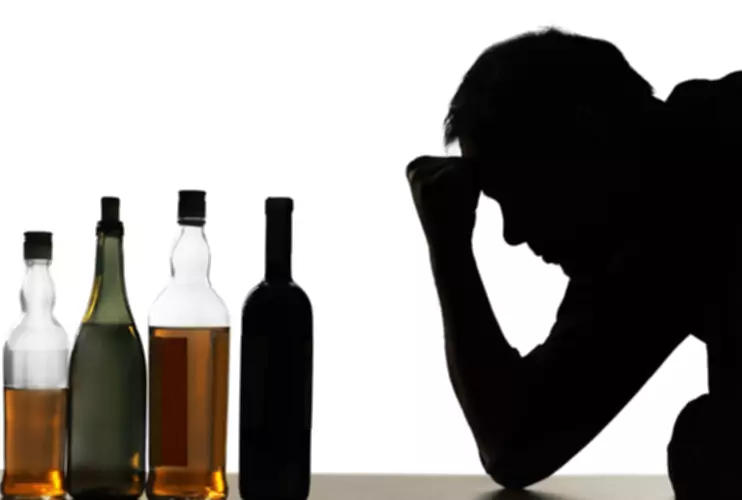
I am a passionate beer connoisseur with a deep appreciation for the art and science of brewing. With years of experience tasting and evaluating various beers, I love to share my opinions and insights with others and I am always why does alcohol make me mean eager to engage in lively discussions about my favorite beverage. Want more inspiration, knowledge and ideas about alcohol and how to make the changes you want stick? This means that drinking impairs our coordination, making us more prone to accidents, and making us less conscious of danger.
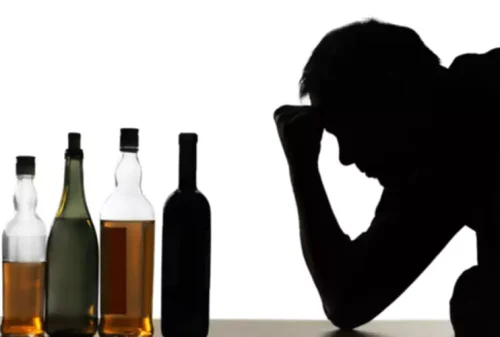
- This means that drinking impairs our coordination, making us more prone to accidents, and making us less conscious of danger.
- But it could be related to how unpleasant they are when they’re sober, says Rachel Winograd, Ph.D. (c), of the University of Missouri.
- Why does alcohol trigger an aggressive response in someone who ordinarily can squelch aggressive tendencies?
- Social-norms marketing identifies people’s misperceptions about their peers’ behavior and then educates them to correct these misperceptions.
According to findings from a 2018 study, MRI scans of participants’ alcohol-related changes in the prefrontal cortex may increase aggression in males. Researchers from the University of South Wales recruited 50 healthy men ages 18 to 30 to play an aggression-inducing game. While some were given alcoholic drinks to consume before playing the game, others consumed nonalcoholic placebo drinks before lying in an MRI scanner. Results from the study showed a decrease in brain activity in the prefrontal cortices — areas of the brain related to inhibition and working memory — of intoxicated players when making an aggressive response. Through their smartphones, participants answered questions every half hour for three hours during one typical alcohol drinking episode and a non-alcohol episode. The researchers found that alcohol consumption reduced negative feelings, although the reduction was small and nonspecific to their depression or AUD status.
They meticulously evaluate and review all medical content before publication to ensure it is medically accurate and aligned with current discussions and research developments in mental health. Resources such as Alcoholics Anonymous, Rational Recovery, detox programs, and medical treatments—including medications that reduce alcohol cravings—are available. Acknowledging the problem is the first step toward recovery and improving both personal well-being and relationships. Recognizing and acting on these warnings is a vital step in protecting oneself and loved ones from alcohol-induced aggression. By identifying these signs early, individuals can take proactive steps to de-escalate the situation, seek support, or remove themselves from potential danger.
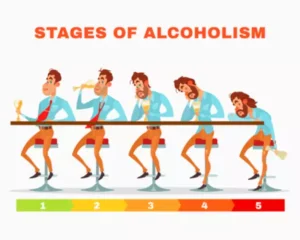
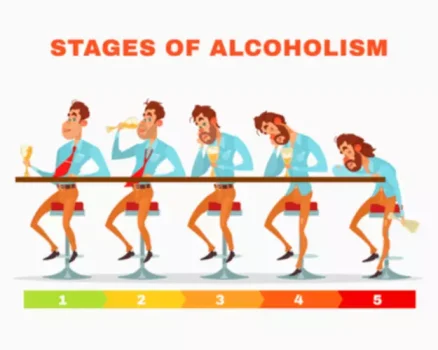
Seeking treatment for alcohol misuse, particularly through therapy, is often recommended. For the study, lead researcher Thomas Denson used functional magnetic resonance imaging to measure blood flow to the brain. Previous research had pinpointed the prefrontal cortex as the area responsible for heightened aggression while drinking, but Denson wanted to see this effect in action. As noted, the prefrontal cortex is responsible for planning complex behavior, personality expression, decision making, and moderating social behavior. Dramatic mood shifts while drinking alcohol are normal, but for some of us, booze takes us down a path toward nasty, belligerent, and downright aggressive behavior.
Best Life
According to the CDC, there are approximately 80,000 deaths linked to excessive alcohol use every year in the United States. This makes excessive alcohol use the third leading lifestyle-related cause of death for the nation. Excessive alcohol use is responsible for 2.3 million years of potential life lost (YPLL) annually, or an average of about 30 years of potential life lost for each death. In 2006, there were more than 1.2 million emergency room visits and 2.7 million physician office visits due to excessive drinking.
Women’s health
First you may want to recall how your personality morphs after a few drinks too many. If you’re not sure where to start, you can check out Psych Central’s hub on finding mental health support. There are both short-and long-term impacts of drinking, but support is available. The impact on these areas of mental functioning could influence your behavior and personality, says McDonagh. Glutamate is an amino acid that contributes to memory formation and learning. When you drink, glutamate activity goes down, which is why things may feel a little fuzzy the next day.

